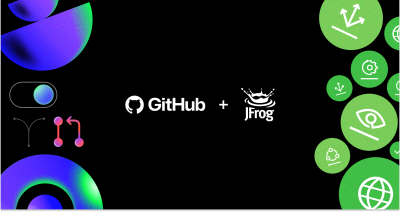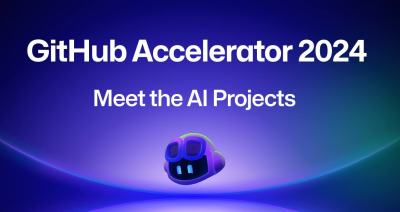For more on how we develop GitHub’s policies and procedures, check out our site policy repository.
Introducing the GitHub transparency center
It’s time for our biannual transparency report, where we share how we approach content moderation and disclosure of user information. This year, we’re introducing the transparency center, a new platform for our transparency reporting data.

As the home for all developers, GitHub is committed to providing a safe, open, and inclusive platform for code collaboration. We take a developer-first approach to content moderation centered on minimizing the disruption of software projects, protecting developer privacy, and being transparent with developers about content moderation and disclosure of user information.
It’s time for our biannual transparency report, where we have been sharing how we approach content moderation and disclosure of user information since our first report in 2014. As GitHub has grown to be the home of over 100 million developers, we’ve expanded our reporting categories and added more granularity to our stats. We’ve also updated our transparency reporting and content moderation practices to reflect the spirit of the Santa Clara Principles on Transparency and Accountability in Content Moderation and the United Nations report on content moderation.
This year, we’re making changes to the format of the report itself.
We’re excited to introduce the transparency center, a new platform for our transparency reporting data. Using the GitHub transparency center, you can interact with the charts, compare data across years, and download the CSVs in the repository to delve into the aggregate reporting data yourself. The transparency center was designed to make our reporting as accessible, interactive, and straightforward as possible—with researchers, journalists, and developers in mind.
After over almost a decade of transparency reports, our blog posts became longer as we expanded our reporting. The transparency center is an effort to streamline and simplify the report while maintaining our commitment to transparency. Going forward, we will continue to use the GitHub blog and social media channels to share when we’ve updated our numbers, expanded and deepened reporting, and discovered interesting insights in our data.
We encourage you to check out the transparency center and open an issue with feedback and questions in our repository.
Tags:
Written by
Related posts

GitHub and JFrog partner to unify code and binaries for DevSecOps
This partnership between GitHub and JFrog enables developers to manage code and binaries more efficiently on two of the most widely used developer platforms in the world.

2024 GitHub Accelerator: Meet the 11 projects shaping open source AI
Announcing the second cohort, delivering value to projects, and driving a new frontier.

Introducing GitHub Copilot Extensions: Unlocking unlimited possibilities with our ecosystem of partners
The world of Copilot is getting bigger, improving the developer experience by keeping developers in the flow longer and allowing them to do more in natural language.